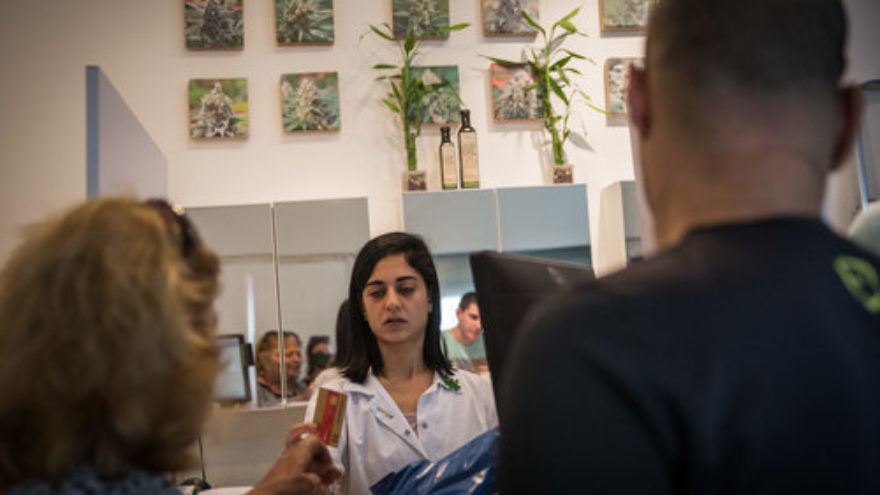Medical cannabis therapy can significantly reduce chronic pain in patients 65 years and older without any adverse effects, according to researchers at Ben-Gurion University of the Negev (BGU) and the Cannabis Clinical Research Institute at Soroka University Medical Center in Beersheva.
The study, published in the European Journal of Internal Medicine, found that medical cannabis is a safe, effective treatment for elderly patients who suffer from cancer, Parkinson’s disease, post-traumatic stress discover, ulcerative colitis, Crohn’s disease, multiple sclerosis and other medical issues.
According to the study, which was conducted among 2,736 patients aged 65 years and older who receive medical cannabis, after six months of treatment more than 93 percent of 901 respondents reported that their pain dropped from a median of eight to four on a 10-point scale. Additionally, nearly 60 percent of patients who originally reported “bad” or “very bad” quality of life upgraded to “good” or “very good” after six months.
More than 70 percent of patients surveyed reported moderate to significant improvement in their condition, the study found.
“While older patients represent a large and growing population of medical cannabis users, few studies have addressed how it affects this particular group, which also suffers from dementia, frequent falls, mobility problems, and hearing and visual impairments,” said Victor Novack, a professor of medicine in the BGU Faculty of Health Sciences and head of the Cannabis Clinical Research Institute at Soroka. “After monitoring patients 65 and older for six months, we found medical cannabis treatment significantly relieves pain and improves quality of life for seniors with minimal side effects reported.”
The study also saw a reduction in opioid use among seniors. More than 18 percent of the patients surveyed stopped using opioid analgesics or had reduced their dosage.
“While the researchers state their findings to date indicate cannabis may decrease dependence on prescription medicines, including opioids, more evidence-based data from this special, aging population is imperative,” the study went on to advise.
All of the patients received a prescription from their doctor before going through with the study. The patients received the cannabis through “Tikkun Olam,” the largest Israeli medical cannabis supplier, with more than 33 percent using cannabis-infused oil, 24 percent inhaling therapy by smoking and 6 percent using vaporization.

























